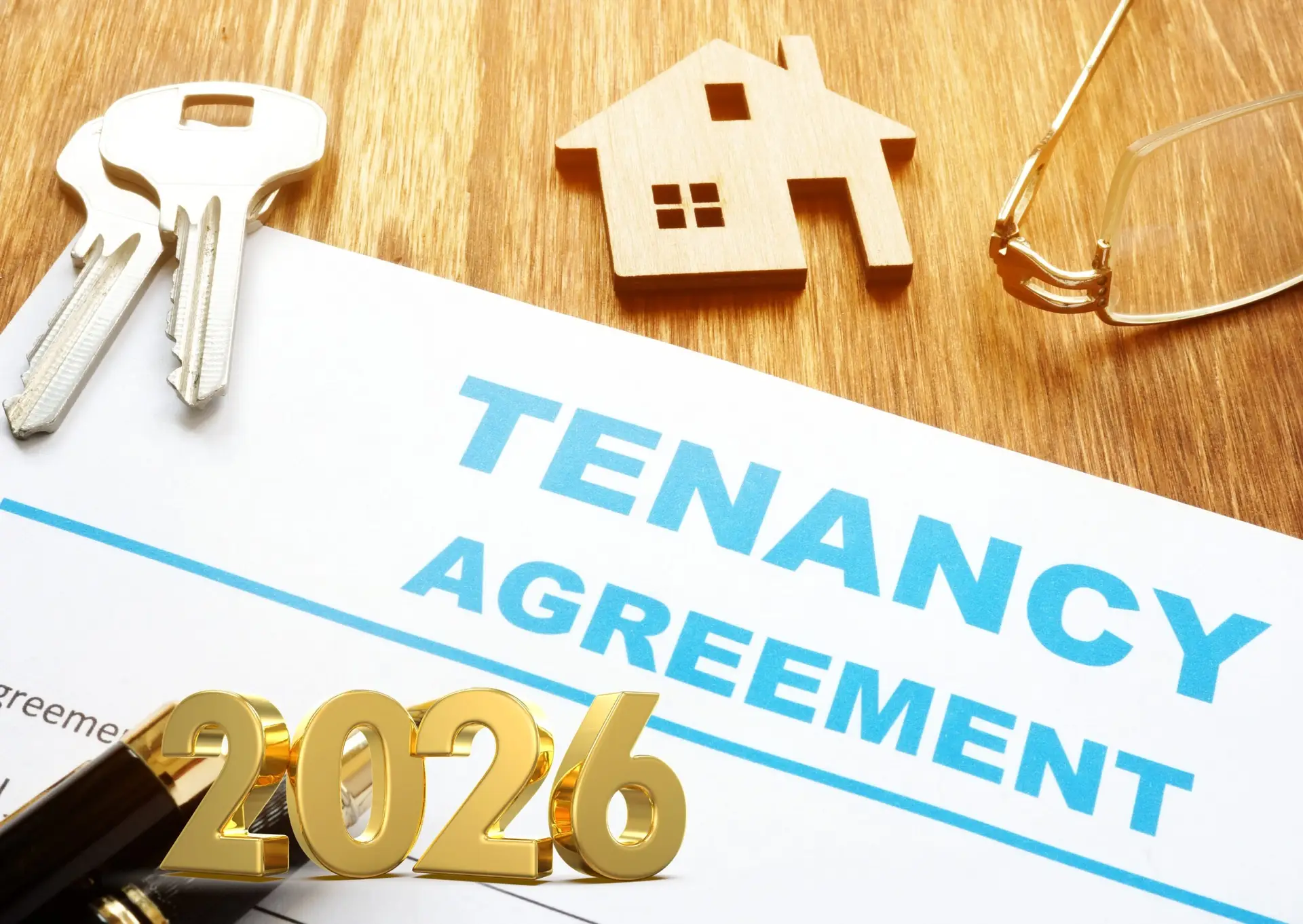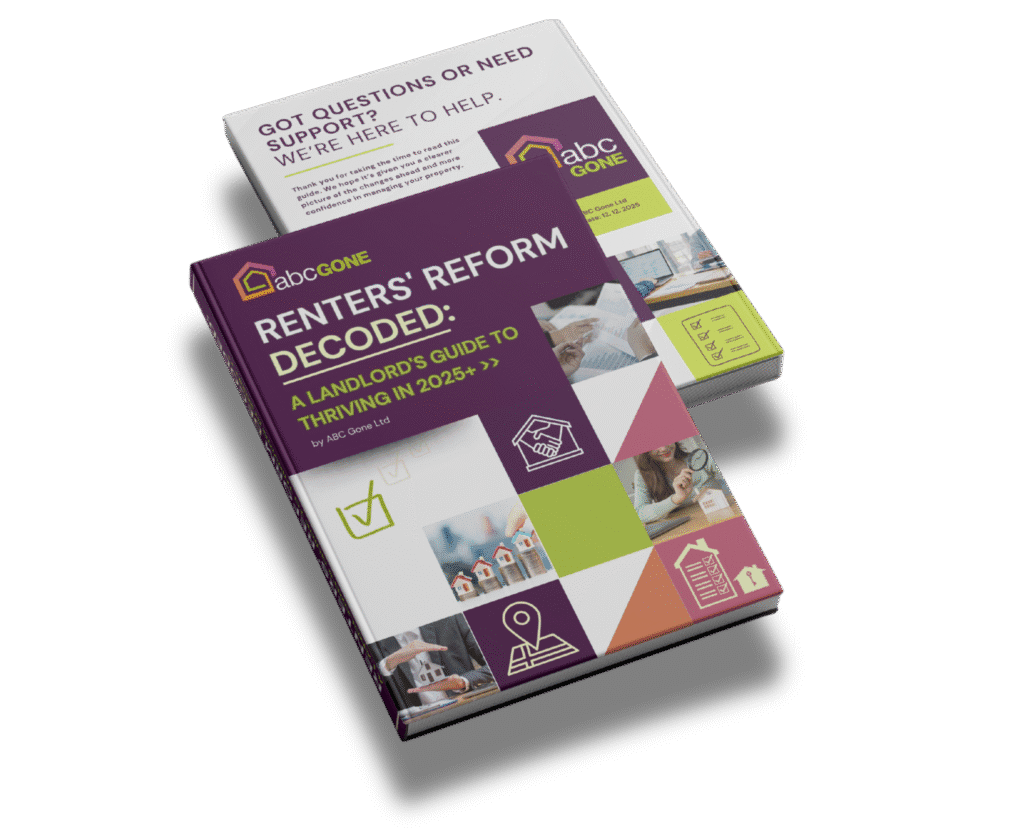The UK is an attractive place for overseas landlords to invest in properties, due to the combination of affordable property prices and a high demand for rental properties. High rental yields generally enable landlords to make good profits.
For example, sought-after areas in Greater London, such as Hornchurch currently have apartments on the market for around £1,500 to £2,000 pcm rent, providing landlords with an excellent rental income.
As well as being a good place for buy-to-let investments, plenty of rental properties are owned by British expats. In many cases, expats decide to rent their home out while they live abroad to keep their UK base.
To ensure that landlords who do not live in the UK pay taxes on their UK-generated rental income, the Government established the Non-resident Landlord Scheme in 1996.
What is the non-resident landlord scheme?
The Non-resident Landlord Scheme (NRLS) is a taxation scheme that applies to landlords who earn rental income from property in the UK but live outside the UK. The NRLS ensures that either the agent or the tenant withholds a portion of the rental income. This makes sure that the tax is collected at the source before the money leaves the UK.
Who is considered a non-resident landlord?
A landlord receiving UK property income and living outside of the UK for more than six months in a year, is usually considered a non-resident landlord. No specific laws define the requirements of being considered a non-resident landlord, and interpretation can get confusing.
It is possible to be classed as a UK tax resident under the Statutory Residence Test and a non-resident landlord. Therefore, it is vital for landlords of UK properties who spend a significant amount of time abroad to fully understand their UK tax obligations.
Non-resident landlords and taxation
You will need to determine your tax resident status to ensure that you follow the correct processes and pay the right amount of tax. Suppose you are considered a UK tax resident under the Statutory Residence Test. In that case, your income in the UK and any income from abroad will be subject to UK tax rules.
If you are considered a non-resident of the UK, only your UK-generated income and gains will be subject to UK tax rules. However, you will most likely be considered a tax resident in another country’s jurisdiction in this scenario. You will be subject to those tax rules, too.
Your country of residence may have a double tax treaty with the UK, so you must check whether it is possible to avoid paying taxes in both countries. If you are in doubt, you should speak to a UK non-resident tax specialist to ensure you do not break the law by not reporting UK rental income. A tax specialist will be able to help submit tax returns correctly.
Here is a summary of the main elements of the tax obligations for non-resident landlords, and their tenants or agents:
1. Withheld income and quarterly tax payments
The letting agent of a rental property with a non-resident landlord is legally obligated to deduct an amount of the rental income received, based on the applicable tax rate, minus any expenses paid.
The agent should do this every quarter and pay the calculated tax amount to HMRC. If there is no letting agent, the tenant must deduct tax from their rent payment due to the landlord and pay HMRC, which is done quarterly. A tenant who pays rent of less than £100 a week in rent is not required to withhold tax.
Some landlords ask UK-based friends or families to assist with the NRLS requirements. In this case, the nominated person must register with the scheme and pay the relevant amount of tax from the rental income they receive on behalf of a non-resident landlord.
2. Rules for taxing rental income
Non-resident landlords are subject to standard UK income tax rules, so the personal allowance and tax bands apply. The £1,000 tax-free allowance is also applicable for non-resident landlords.
Under the NRLS, letting agents or tenants usually have a legal obligation to withhold tax. At the same time, the non-resident landlord will generally need to complete a Self-Assessment Tax Return.
3. Mandatory self-assessment
Non-resident landlords must complete an annual Self-Assessment Tax Return for all UK properties they rent out. The annual return must be completed even if there is no tax owed.
Why non-resident landlords should use the NRL1 form
Non-resident landlords can avoid tax deductions at the source, but specific criteria must be met. You can use a NRL1 form to apply to receive your rental income gross, without tax deductions from the agent or tenant.
To be eligible for this, the landlord:
- must have all UK tax affairs up to date, or
- has never had any UK tax obligations, or
- does not expect to be liable to UK tax (i.e. the income is within the UK personal allowance).
If any of these statements apply, the landlord would report their rental income and expenses using a UK Self Assessment tax return and pay their UK tax liability this way. One of the advantages of this option is that you are less likely to overpay on taxes.
Using the NRL1 is also more straightforward, as it removes liability for tenants and means the landlord will not have to pay additional fees to a letting agent for their services.
The NRL1 form is for individuals who are landlords. Companies have to apply using an NRL2 form, and trusts use an NRL3 form.
Are there any exemptions for non-resident landlords?
Non-resident landlords may be eligible for tax relief if the country has a double tax treaty with the UK. Non-resident landlords qualify for tax relief on the first £1,000 of rental income, per standard UK income tax rules. This relief is not applicable to landlords who are claiming allowable property expenses.
The NRLS rules can be complicated, and not paying the correct tax can result in fines, so speaking to a non-resident tax specialist is advisable – whether you’re buying in Basildon, Thurrock, Harlow and Essex, Southend on Sea or beyond. At ABC Gone, our letting professionals can help non-resident landlords to easily navigate their UK tax obligations. Call us on 0208 138 0835 to find out more about our services.





